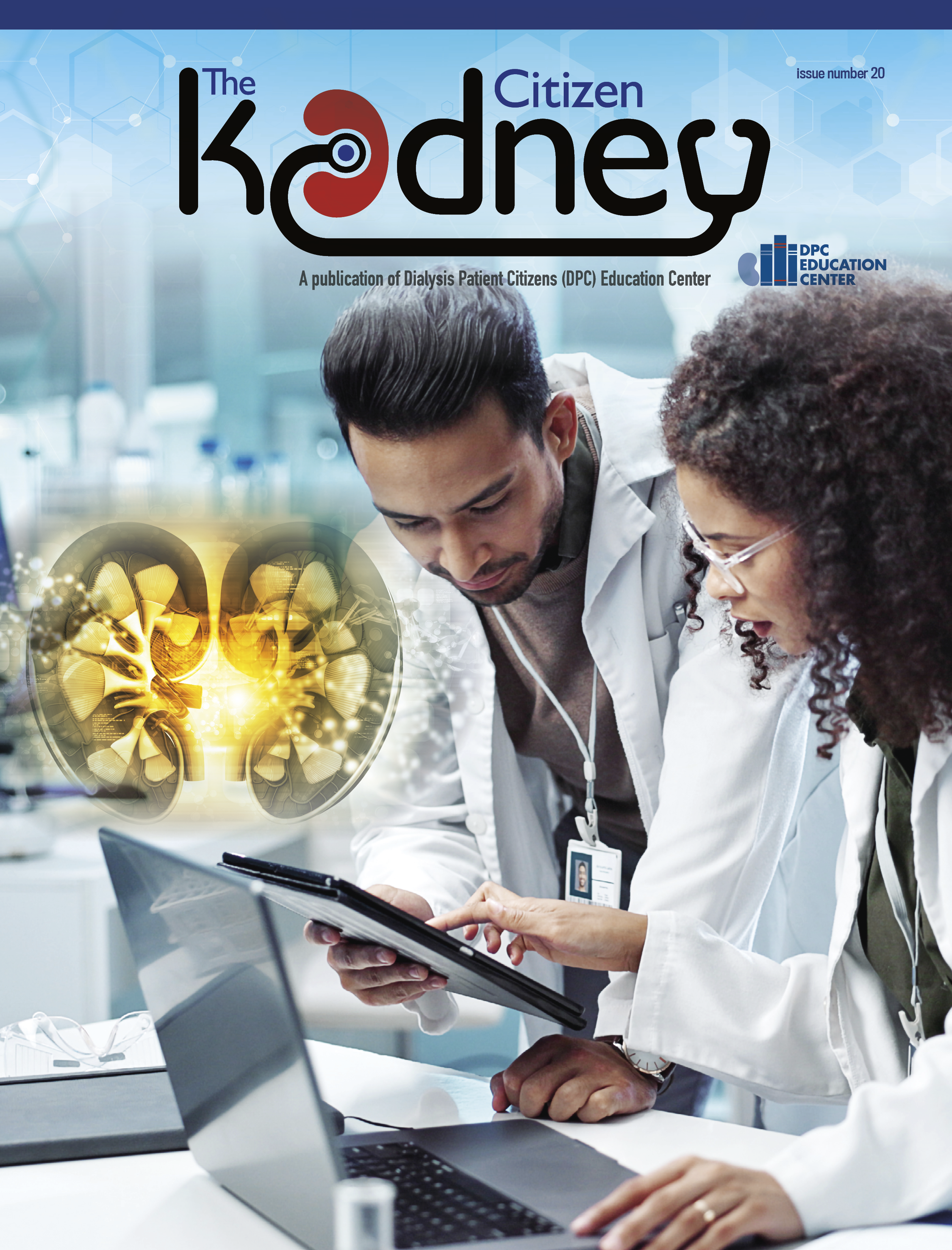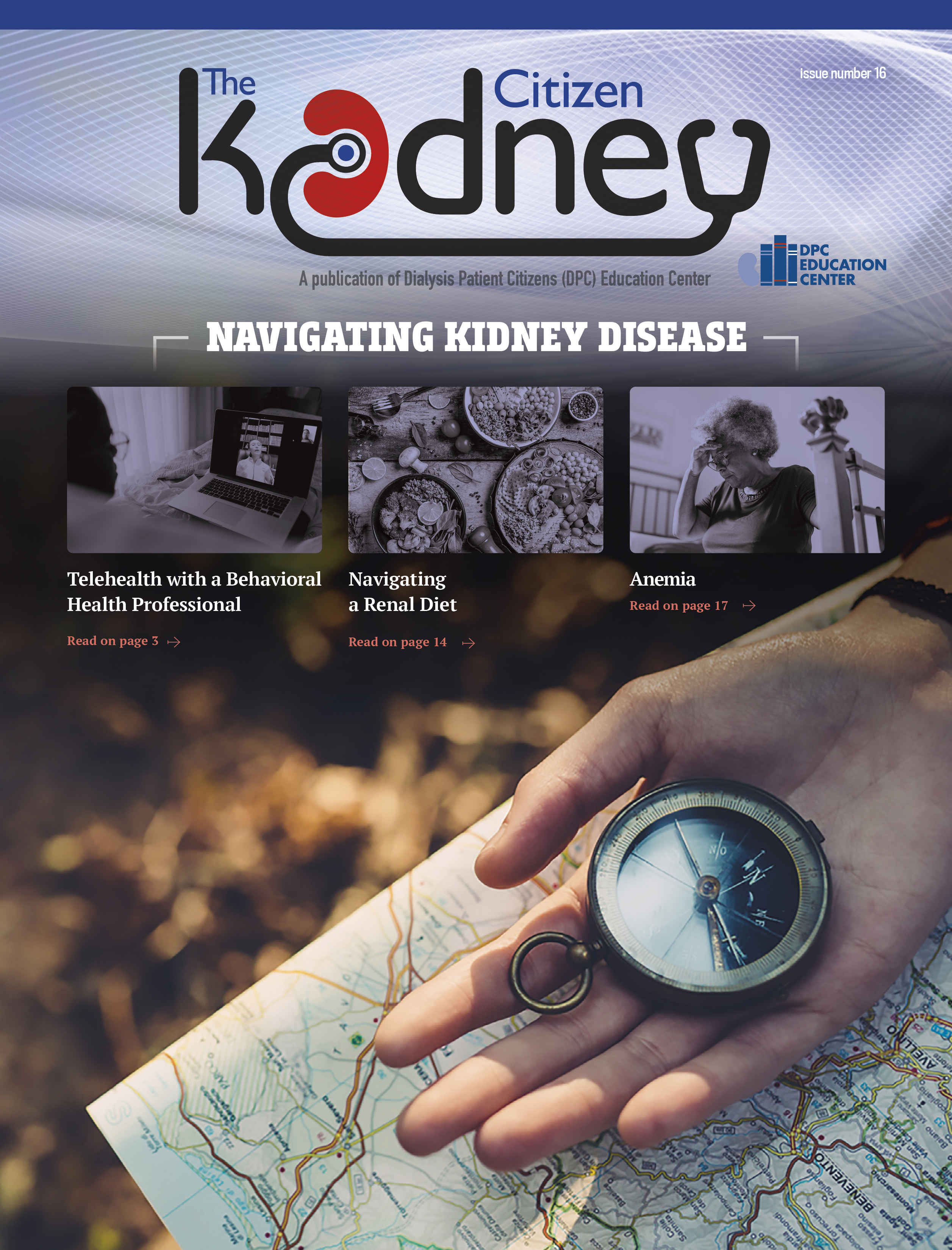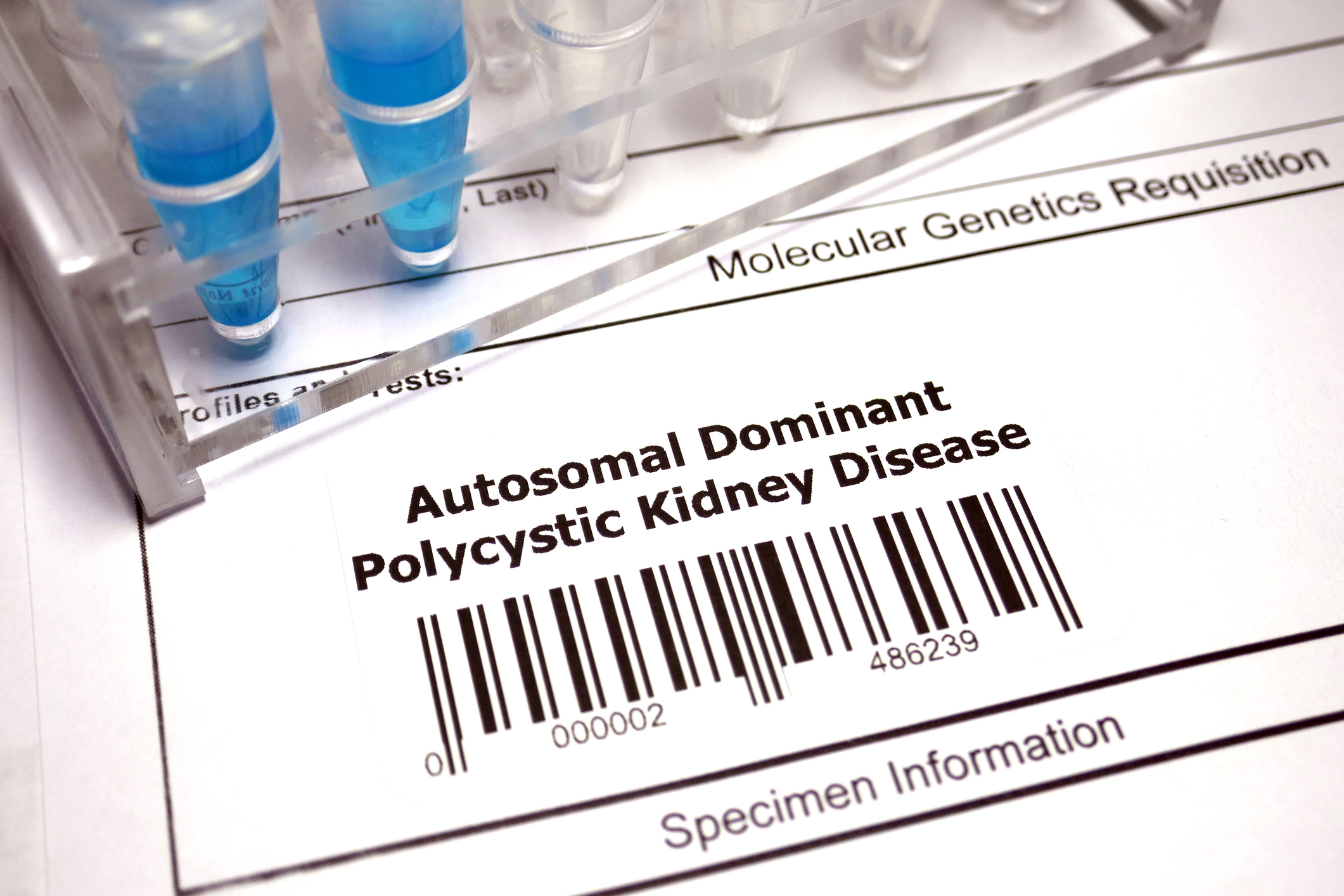Living Well with Kidney Disease
Velma Scantlebury MD, FACS, GCM, DPC Education Center Health Care Consultant In the United States, there are over 35 million persons who have chronic kidney disease, which accounts for one in every seven adults. Unfortunately, many millions also have chronic kidney disease and are not aware of the diagnosis. However, having chronic kidney disease may mean having to alter some of your lifestyle habits to protect your kidney function, but many of us must make sacrifices to stay healthy: limiting fats and high calorie drinks, increasing vegetables and healthy greens, and engaging in regular physical activity. However, with hypertension [...]










